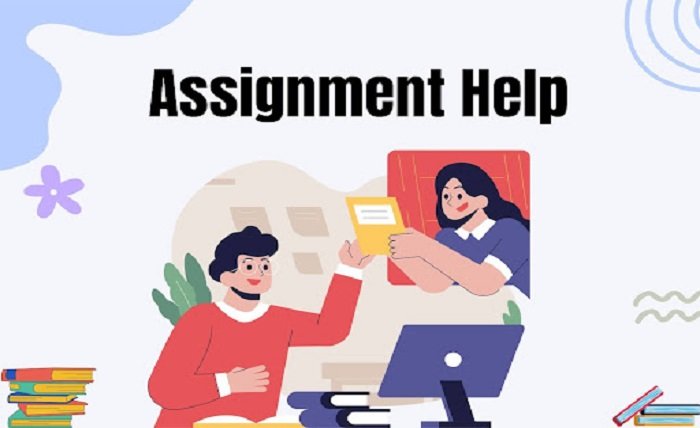The Psychology of Buying Term Life Insurance
When it comes to securing your financial future, purchasing a term life insurance plan is often seen as a logical and responsible decision. However, the process is not only about numbers and policies—there’s a deeper psychological aspect at play. Understanding the psychology of buying term life insurance can help you make more informed decisions and feel more confident in your choices.
The Emotional Drivers Behind Term Life Insurance
Life insurance, especially term insurance, is about peace of mind and providing financial security for your loved ones in case of an unfortunate event. But what are the psychological triggers that drive individuals to purchase life insurance?
- Fear of the Unknown
One of the primary motivators for purchasing term insurance is the fear of the unknown. People worry about what might happen to their families if they were no longer around. While no one likes to think about their own mortality, the fear of leaving loved ones financially unprotected is often enough to drive individuals to secure a policy.
- The Desire for Control
In life, uncertainty is inevitable, but purchasing a term life policy gives individuals a sense of control over the future. Knowing that you’ve secured a financial safety net for your family helps reduce the anxiety of what might happen in the event of your passing. This sense of control can offer emotional comfort.
- Social Influence and Peer Pressure
The pressure to conform is another psychological aspect influencing purchasing decisions. People often buy life insurance because they see their peers, colleagues, or family members investing in similar policies. There’s also a strong social expectation that responsible individuals should have life insurance in place, which can lead to purchases driven more by social norms than personal necessity.
- Responsibility Toward Loved Ones
For parents, spouses, or caregivers, the responsibility to provide for loved ones is a powerful motivator. The thought of leaving dependents in a vulnerable position financially can be deeply unsettling. Term insurance offers a cost-effective solution that ensures families are financially taken care of, even if the policyholder is no longer present.
How Marketing Plays a Role
Insurance companies also leverage psychological principles in their marketing to encourage people to purchase policies. From using relatable scenarios (such as “what will happen to your family if you’re not there?”) to offering reassuring messaging, the goal is to tap into emotions and needs.
The convenience of online tools like insurance calculators also simplifies the buying process, lowering the barriers for individuals who may otherwise procrastinate or feel overwhelmed by the technicalities of buying insurance. This streamlined process feeds into a desire for immediate gratification and quick results, making it easier for people to take the first step.
Term Life vs. Whole Life Insurance: The Psychological Comparison
While whole life insurance offers lifelong coverage and an investment component, many people are drawn to term life insurance for its simplicity and affordability. The decision to choose one over the other can be influenced by various psychological factors, such as the perception of value.
Term Life Insurance: Simplicity and Affordability
Term insurance provides straightforward coverage for a fixed period, often at much lower premiums compared to whole life policies. This simplicity appeals to people who are looking for affordable protection without the added complexity of investment options.
Whole Life Insurance: The Security of Long-Term Coverage
On the other hand, whole life insurance may be appealing to those who value lifelong financial security. The psychological draw here is the idea of having an insurance policy that lasts your entire life and also serves as a savings or investment vehicle.
While whole life policies often have higher premiums, they offer a dual benefit of both life coverage and investment growth, which can feel more secure psychologically, especially for individuals thinking long-term.
Overcoming the Cognitive Biases in Decision-Making
People often struggle with cognitive biases, such as the “present bias,” where we prioritize short-term gratification over long-term benefits. This can make it harder to prioritize something intangible like term life insurance. A simple, cost-effective term insurance plan allows individuals to make an affordable investment today to secure the future.
Additionally, the “status quo bias” may lead people to delay purchasing life insurance. Many individuals postpone the decision, thinking they’ll “get around to it later.” To combat this, understanding the psychological factors that motivate term insurance purchases can help push individuals to take action now.
Conclusion
Buying a term life insurance policy is more than just a financial decision, it’s deeply intertwined with emotions, fears, and the desire to protect those we love. Understanding these psychological triggers can help individuals make more informed and confident decisions about securing their financial future. Whether you opt for term insurance or a more complex solution like whole life insurance, remember that the ultimate goal is peace of mind and ensuring that your loved ones are cared for, no matter what life throws your way.
You May Also Like :







